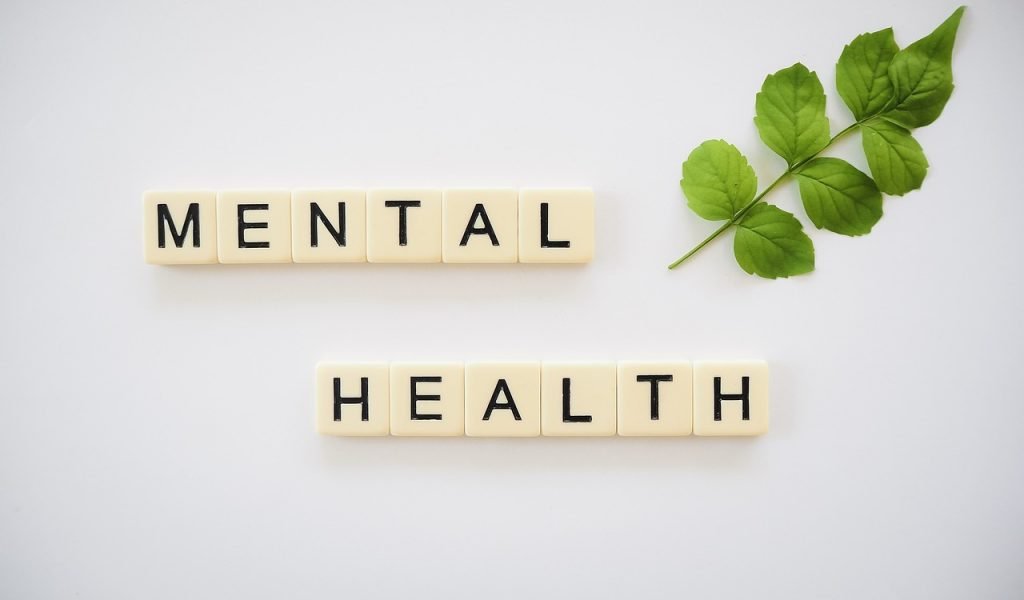
Post-Traumatic Stress Disorder (PTSD) and mental health have long been areas of significant concern in the medical community. Traditional treatments, while effective for some, often come with a host of side effects or limited efficacy. As researchers and clinicians continue to search for more effective therapies, Cannabidiol (CBD) has emerged as a promising alternative. Derived from the cannabis plant, CBD is non-psychoactive and has been gaining attention for its potential therapeutic benefits. This article explores how CBD is transforming the treatment of PTSD and mental health, offering new hope for sufferers.
Understanding PTSD and Its Impact
PTSD is a severe anxiety disorder triggered by exposure to traumatic events. It affects millions worldwide, manifesting in symptoms such as intrusive memories, severe anxiety, and emotional instability. The condition can significantly impair daily functioning and quality of life. Traditional treatments, including psychotherapy and pharmaceuticals, are often met with mixed results, leading to an urgent need for alternative solutions.
The Science Behind CBD
CBD is one of over 100 cannabinoids found in the cannabis plant. Unlike THC, the primary psychoactive component of cannabis, CBD does not produce a “high.” Instead, it interacts with the body’s endocannabinoid system (ECS), a complex cell-signaling system involved in regulating a range of physiological processes, including mood, memory, and stress response.
The ECS consists of cannabinoid receptors, primarily CB1 and CB2, which are distributed throughout the central nervous system and peripheral tissues. CBD’s interaction with these receptors appears to modulate neurotransmitter release, influencing the balance of various chemicals in the brain and potentially alleviating symptoms associated with PTSD and other mental health disorders.
CBD and PTSD: A New Frontier
Research into CBD’s effects on PTSD is still in its early stages, but the results are promising. Several studies suggest that CBD may help reduce anxiety, improve sleep quality, and decrease the frequency and intensity of traumatic flashbacks. These benefits are particularly significant for PTSD sufferers, who often experience chronic anxiety and insomnia.
One study published in the “Journal of Alternative and Complementary Medicine” examined the impact of CBD on 11 adult patients with PTSD. The study found that 91% of participants experienced a decrease in the severity of their symptoms after eight weeks of CBD treatment. The research highlighted CBD’s potential as a safe and effective treatment option, with minimal side effects compared to traditional pharmaceuticals.
Mechanisms of Action: How CBD Works for PTSD
CBD’s therapeutic potential for PTSD can be attributed to its interaction with the ECS and its effects on other neurotransmitter systems. Here are some key mechanisms:
1. **Anxiolytic Effects**: CBD has been shown to reduce anxiety by interacting with serotonin receptors. Serotonin is a neurotransmitter that plays a critical role in mood regulation, and its dysregulation is often linked to anxiety and depression.
2. **Fear Memory Extinction**: PTSD is characterized by the persistence of traumatic memories. CBD may facilitate the extinction of these memories by disrupting the reconsolidation process, helping patients gradually dissociate from the trauma.
3. **Improvement of Sleep Quality**: Insomnia and nightmares are common in PTSD. CBD has been shown to improve sleep quality by addressing the root causes of these disturbances, such as anxiety and hyperarousal.
4. **Reduction of Inflammation**: Chronic inflammation is often linked to mental health disorders. CBD’s anti-inflammatory properties may help reduce neuroinflammation, which is implicated in the development and persistence of PTSD.
Broader Implications for Mental Health
Beyond PTSD, CBD is being studied for its potential benefits in treating a range of other mental health disorders, including anxiety, depression, and schizophrenia. The non-psychoactive nature of CBD makes it an attractive option for patients seeking relief without the side effects associated with traditional medications.
Anxiety and Depression
CBD’s anxiolytic and antidepressant properties have been demonstrated in both animal and human studies. A study published in “Neurotherapeutics” found that CBD reduced anxiety in patients with social anxiety disorder. Similarly, preclinical studies suggest that CBD may exert antidepressant-like effects by enhancing levels of serotonin in the brain.
Schizophrenia
Schizophrenia is a complex mental disorder characterized by symptoms such as hallucinations, delusions, and cognitive impairment. While antipsychotic medications are the standard treatment, they can cause severe side effects. Research indicates that CBD may offer antipsychotic effects without these adverse outcomes. A study published in “Translational Psychiatry” found that CBD improved cognitive function and reduced psychotic symptoms in patients with schizophrenia.
Challenges and Considerations
While the potential of CBD in mental health treatment is promising, there are challenges and considerations to be addressed:
1. **Regulation and Quality Control**: The CBD market is largely unregulated, leading to variability in product quality and potency. Patients must ensure they are using high-quality, lab-tested products to avoid unwanted side effects or lack of efficacy.
2. **Dosing and Administration**: Finding the right dosage and mode of administration can be challenging, as the effects of CBD can vary depending on individual factors such as weight, metabolism, and the severity of symptoms.
3. **Lack of Long-Term Studies**: While short-term studies indicate CBD’s potential benefits, long-term research is needed to understand its safety and efficacy over extended periods.
4. **Interaction with Medications**: CBD can interact with certain medications, particularly those metabolized by the liver. Patients should consult healthcare professionals before starting CBD, especially if they are on other medications.
Conclusion: A Hopeful Future
As research into CBD and its effects on PTSD and mental health continues to grow, the potential for this cannabinoid to revolutionize treatment is becoming increasingly apparent. While challenges remain, the evidence thus far suggests that CBD offers a promising alternative or adjunct to traditional therapies, providing relief for those who have not found success with conventional treatment options.
For patients and healthcare providers, the emergence of CBD as a treatment for PTSD and mental health disorders represents a new frontier in therapeutic development. As our understanding deepens, CBD may well become a cornerstone of mental health treatment, offering hope and healing to countless individuals around the world.
#ChatGPT assisted in the creation of this article.






